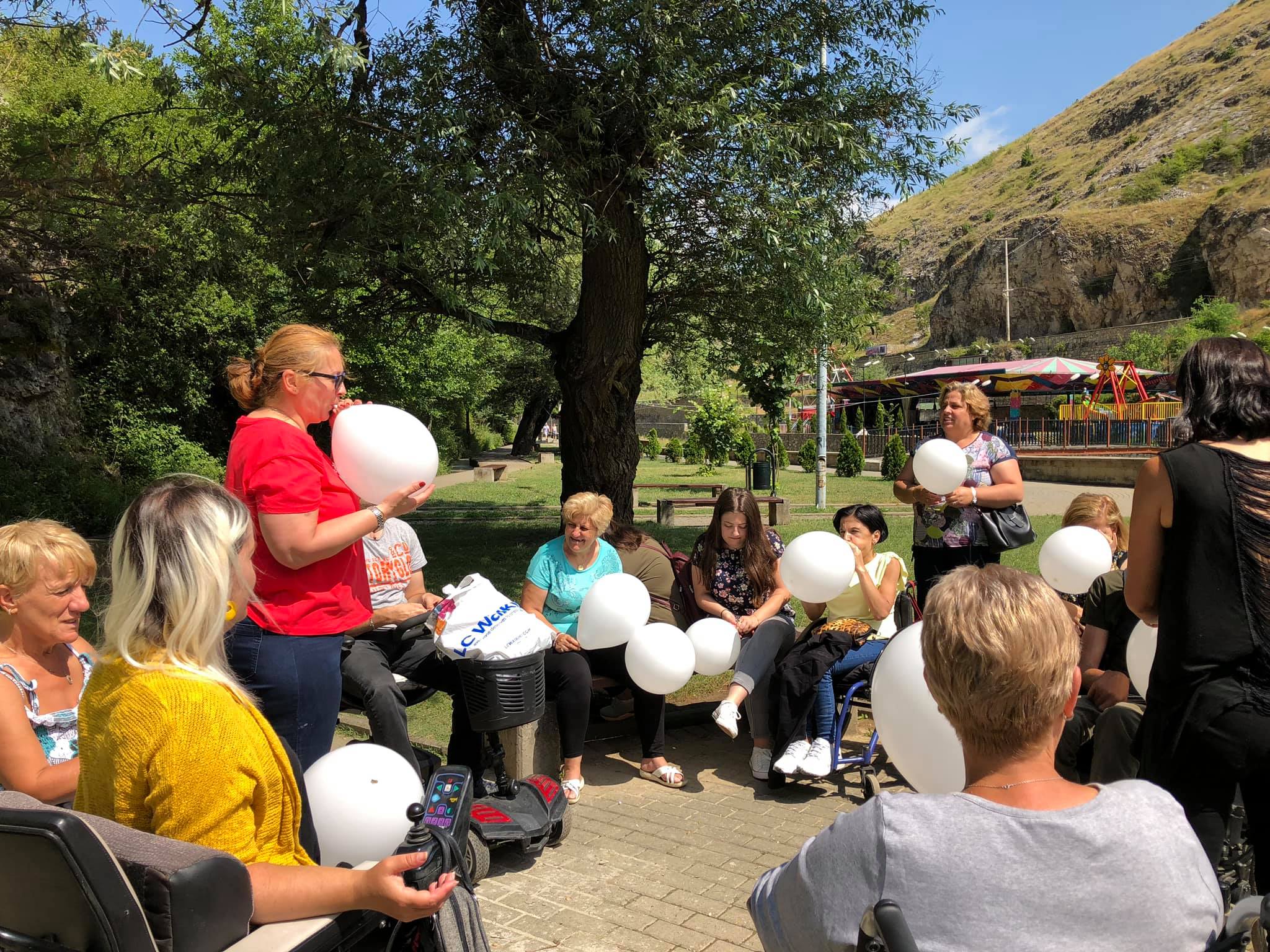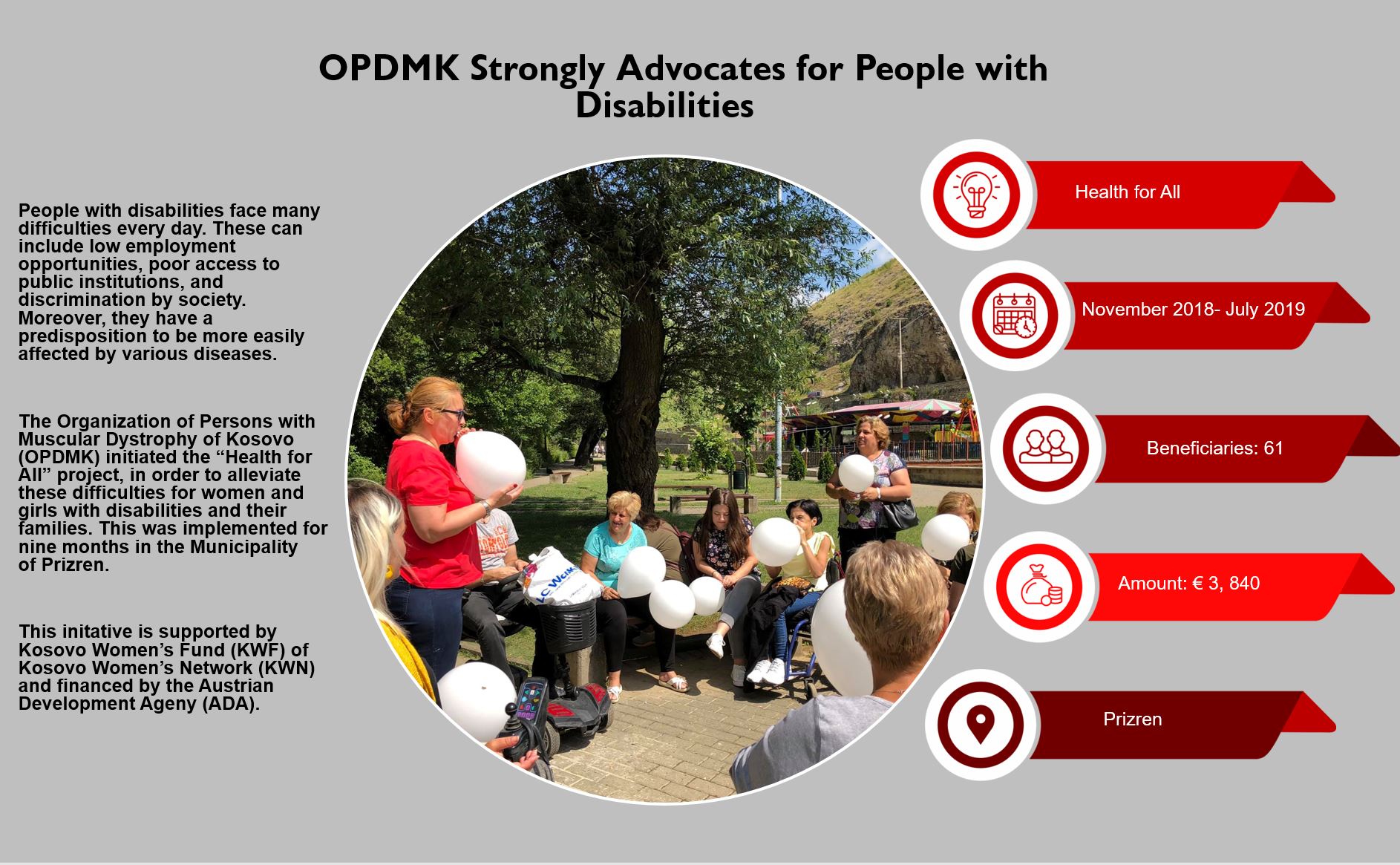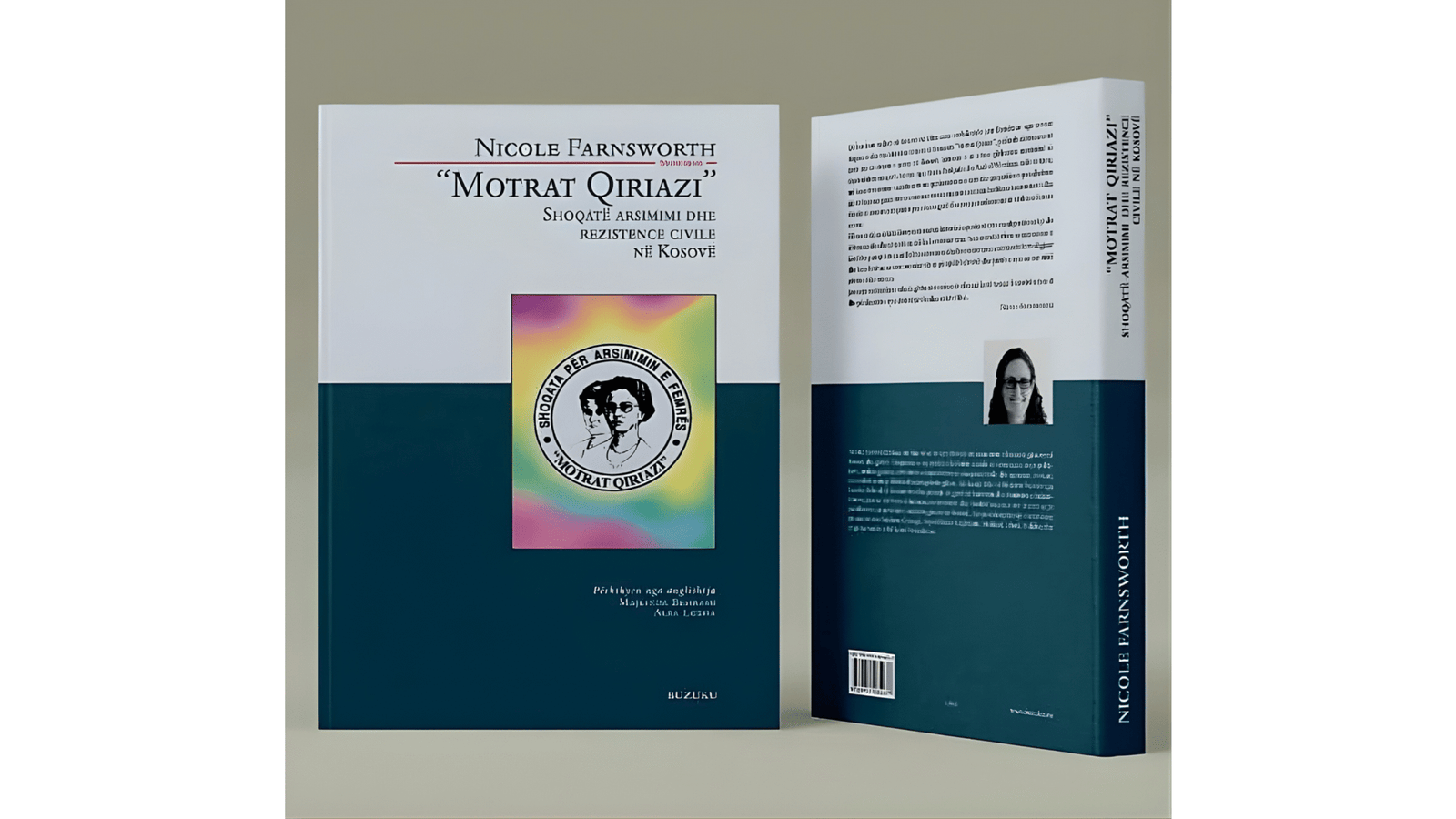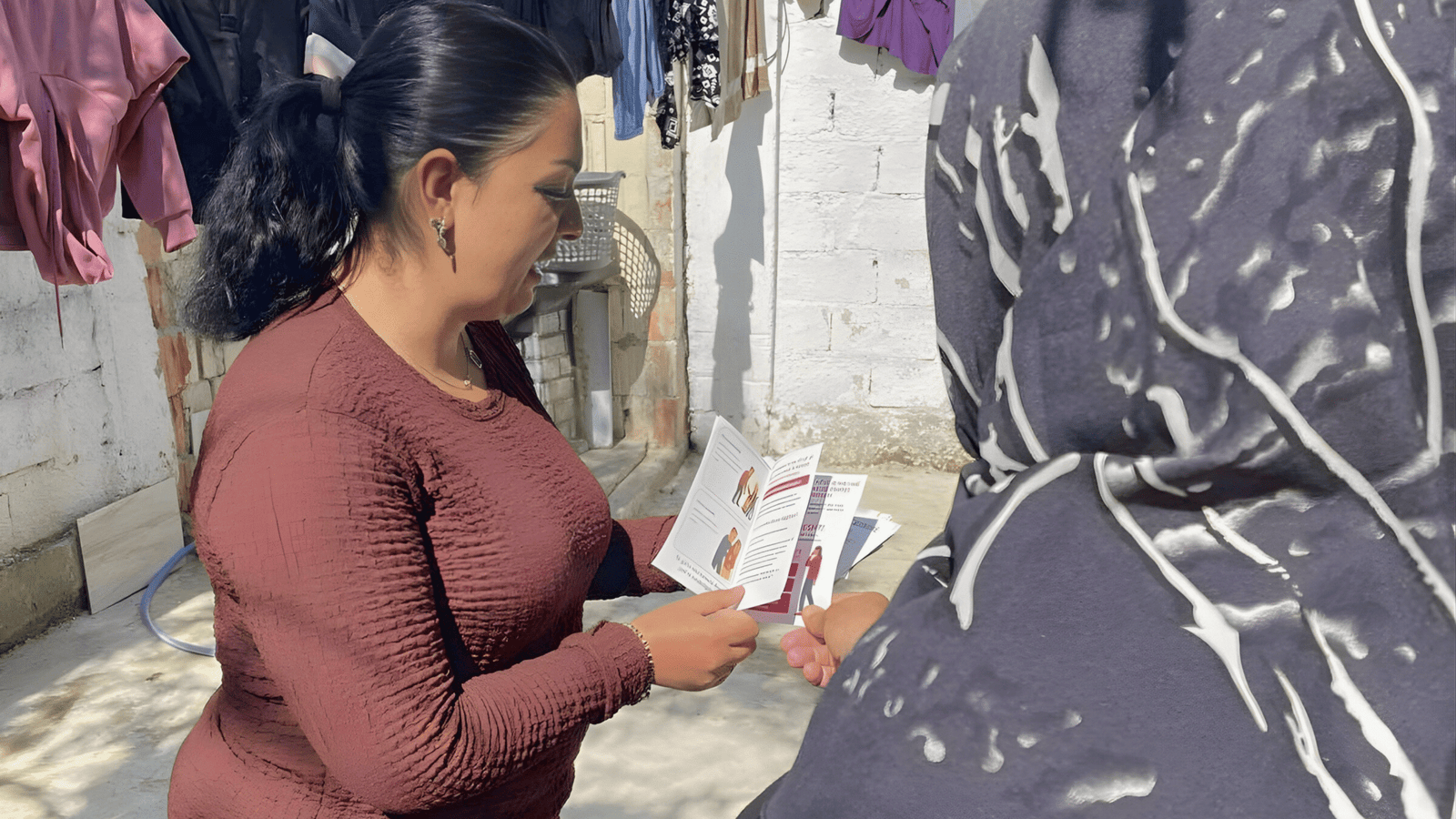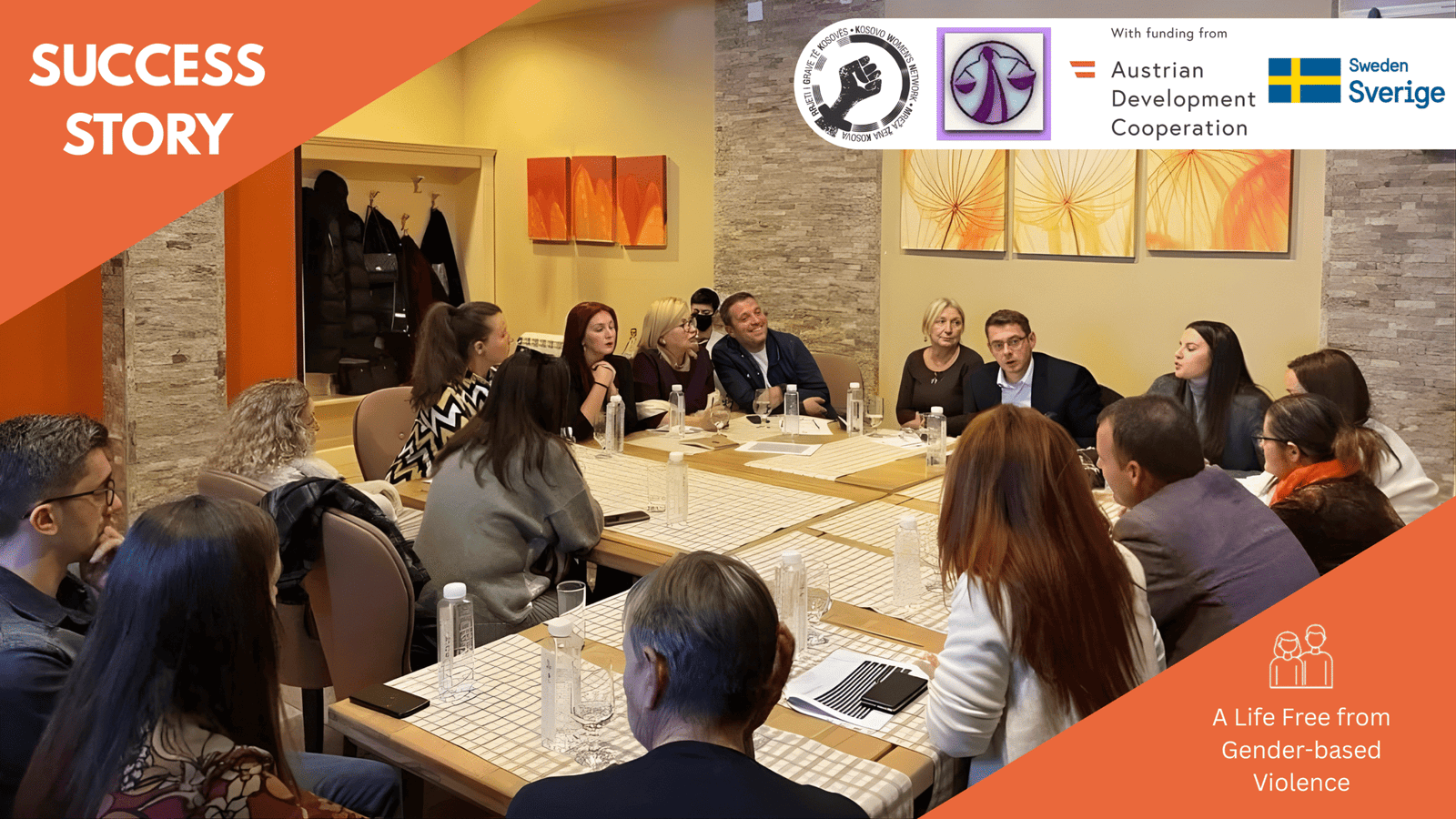People with disabilities face many difficulties every day. These can include low employment opportunities, poor access to public institutions, and discrimination by society. Moreover, they have a predisposition to be more easily affected by various diseases.
The Organization of Persons with Muscular Dystrophy of Kosovo (OPDMK) initiated the “Health for All” project, in order to alleviate these difficulties for persons with disabilities and their families. This was implemented for nine months in the Municipality of Prizren.
A total of 61 people from Prizren benefited from this initiative, Including 3 Croats, 10 Turks, 4 Bosnians and 44 Kosovars. They participated in lectures, consultative meetings, and advocacy roundtables as they were the key activities.
The lectures addressed issues such as: breast cancer, the importance of gynecological check-ups, and stress management. Four therapy sessions were also offered to women, girls and boys with disabilities.
“Every morning I am very gratefully of the wheelchair, which I initially refused to accept,” said one of the beneficiaries.
“That [the wheelchair] is my privacy, it’s the freedom of the disabled person,” says another beneficiary.
OPDMK’s initiative focused on working with the relatives of people with disabilities. These two women will now find more support and understanding within their families.
After lectures on the importance of gynecological examinations and preventable diseases, 24 women and girls went through these examinations. Six boys from the group went for regular medical visits.
Antigona Shestan, Director of OPDMK, discussed the removal of misconceptions that people with disabilities cannot have good health, or that they are a burden to family members.
“Thanks to this initiative, women with disabilities have had the opportunity to openly talk about health problems, which they have not had the opportunity to express before.They are also now able to share their experiences. Based on the identified challenges from these sessions, a list of recommendations for improving health services has been compiled.” says Shestan.
This list of recommendations has been sent to the municipal institutions of Prizren. OPDMK has also produced other materials that can be used by institutions. A guide has been published for the relatives of people with muscular dystrophy, and a brochure has been developed for health workers on the treatment of people with disabilities.
The ODPMK also held a meeting with representatives of the Directorate of Health, in which case it advocated to provide at least one hydraulic table, which these women would use to conduct gynecological visits.

